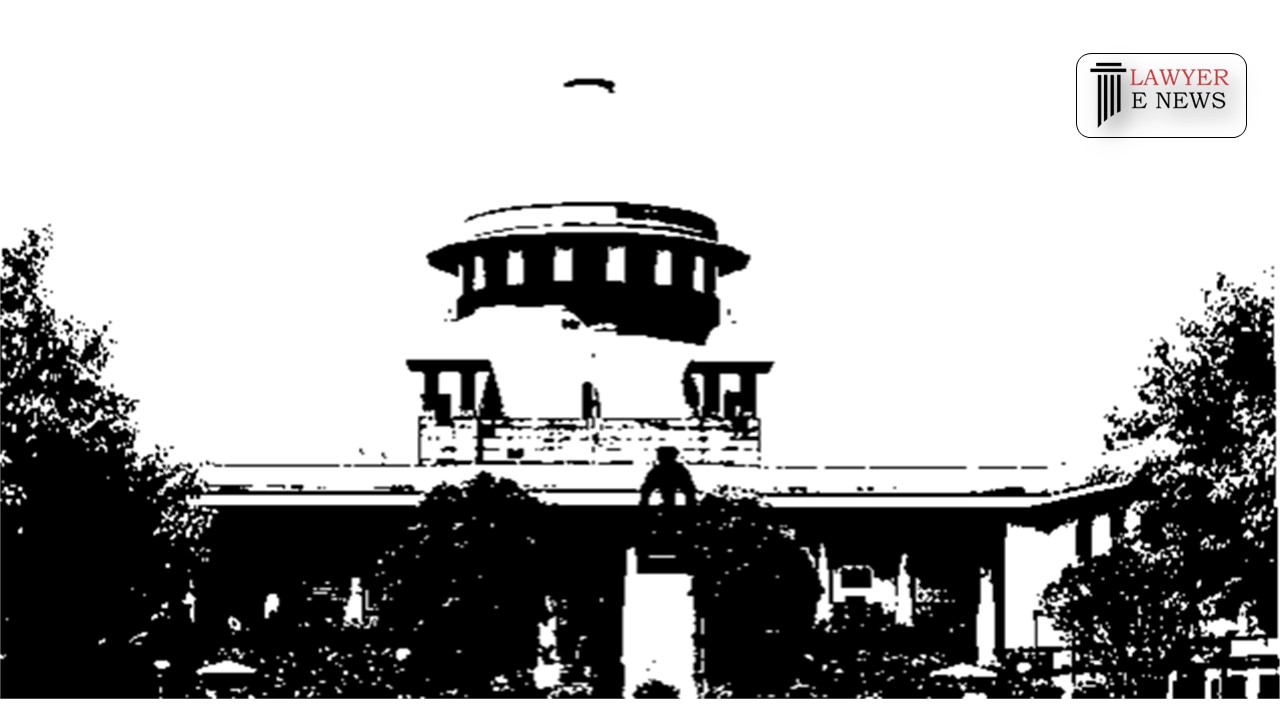-
by sayum
14 February 2026 2:22 PM



Court Allows Impleadment of Purchaser Despite Pending Litigation, Cites Doctrine of Lis Pendens as Subservient, Not Nullifying”
In a significant judgment, the Supreme Court of India has allowed the impleadment of a purchaser of agricultural land bought during pending litigation, affirming the purchaser’s right to protect their interests. The decision clarifies the application of Section 52 of the Transfer of Property Act, 1882, which the Court stated does not void transfers made during litigation but subordinates them to the outcome of the suit. The ruling overturned decisions by both the Additional District Judge (ADJ) and the High Court, which had dismissed the purchaser’s application for impleadment.
The appellant, Yogesh Goyanka, along with proforma respondents, purchased agricultural land in Hinduan City, Rajasthan, during the pendency of a suit concerning the same land. This suit, filed by relatives of the sellers, sought to nullify earlier deeds and transactions related to the property. Upon learning of a temporary injunction issued in the ongoing litigation, Goyanka applied for impleadment in the suit under Order 1 Rule 10 of the Code of Civil Procedure, 1908 (CPC). The ADJ dismissed the application, and the High Court upheld this dismissal, prompting Goyanka to approach the Supreme Court.
The Supreme Court emphasized that Section 52 of the Transfer of Property Act does not nullify transfers made during the pendency of litigation but rather makes such transfers subject to the result of the ongoing suit. “The mere fact that the Registered Sale Deed (RSD) was executed during the pendency of the Underlying Suit does not automatically render it null and void,” the Court stated.
The Court clarified that the doctrine of lis pendens aims to ensure that the outcome of litigation is not thwarted by parties’ actions during the litigation process. “Section 52 of the Act does not render all transfers pendente lite void ab initio; it merely renders rights arising from such transfers as subservient to the rights of the parties to the pending litigation,” noted the bench.
Addressing the issue of impleadment, the Court highlighted that transferees pendente lite could be impleaded to protect their interests, especially when there is a potential for collusion between the original parties. “Permitting the impleadment of a transferee pendente lite is a discretionary exercise undertaken to enable a purchaser with a legally enforceable right to protect their interests,” the Court observed.
Justice Satish Chandra Sharma remarked, “The law on impleadment of subsequent transferees has evolved to liberally enable subsequent transferees to protect their interests in recognition of the possibility that the transferor pendente lite may not defend the title or may collude with the plaintiff therein.”
The Supreme Court’s decision to allow the impleadment of Yogesh Goyanka sets a significant precedent, reinforcing that transfers made during pending litigation are not void but subject to the litigation’s outcome. This judgment underscores the Court’s commitment to ensuring justice by protecting the interests of purchasers who act in good faith, even when aware of ongoing litigation. It also reaffirms the discretionary power of courts to permit such impleadment to prevent collusion and safeguard property rights.
Date of Decision : July 10, 2024
Yogesh Goyanka vs. Govind & Ors.
